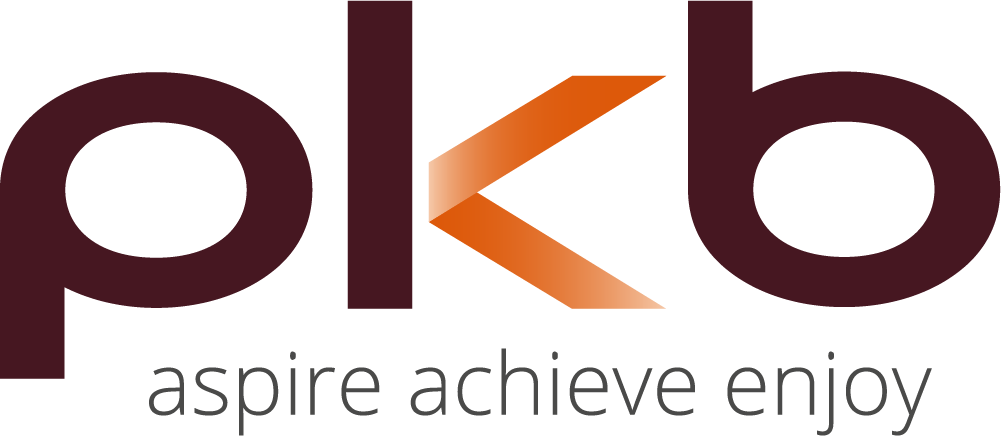With many parts of the UK back in lockdown and restrictions being tightened all around the country, there are concerns about what this means for organisations and their employees.
Last week, Chancellor Rishi Sunak announced a number of new measures in his Winter Economy Plan which has been designed to help protect jobs and support businesses over the coming months.
As the Coronavirus Job Retention Scheme (CJRS) begins to wind down, one of the new measures being introduced is the Job Support Scheme (JSS). This will come into effect on 1 November 2020 but with no legislation or guidance drafted yet, employers have been left scratching their heads.
Below we share everything we know about the Job Support Scheme so far.
What is the Job Support Scheme?
Many workers are likely to see their hours being reduced in the coming months due to restrictions being placed on businesses once again. Pubs and restaurants for example have been told to close by 10pm, although speculation is rife that they may be forced to close completely again.
In light of this, the government will contribute towards the wages of employees who are working fewer hours than normal. To be eligible, employees will need to be working a minimum of 33% of their hours.
Employers will continue to pay the wages of staff for the hours they work – but for the hours not worked, the government and the employer will each pay one third of their equivalent salary.
This means that those who can only go back to work on reduced hours, will still be paid two thirds of the hours for the time they can’t work. The level of grant will be calculated based on the employee’s usual salary and will be capped at £697.92 per month.
Who qualifies for the JSS?
Any small or medium sized employer with a UK bank account will be able to use the JSS. Large employers will have to show that their business turnover has reduced due to Covid-19 before they can claim.
We don’t know how “large employer” will be defined, but it’s likely to be by number of employees, such as 250 or more. Regulations will need to determine whether the employee headcount is for the corporate group as a whole, and whether the employee numbers are “full-time equivalents,” as applies for most share schemes.
With regards to which employees are eligible, anyone who was included on an RTI return submitted by the employer on or before 23 September 2020, will be eligible, providing the working hours conditions are also met for that employee.
We don’t know whether that RTI return must have been submitted for the 2020/21 tax year or for an earlier year. If the employee had to be paid in 2020/21, directors who are paid annually in late March won’t be eligible as they won’t have been included on an RTI return for 2020/21 before September. Those annually paid directors were also excluded from the CJRS as they hadn’t been paid in 2019/20 before that scheme started.
The JSS is not restricted to employees who were furloughed at some point between March and October 2020. Also, unlike the CJRS, the JSS will be available for employees who have recently joined the payroll, for example since March 2020.
Employees who are already on notice for redundancy, or who have been made redundant can’t be included on a JSS claim.
How long will the scheme run for?
The JSS will replace the CJRS which comes to an end on 31 October 2020. The JSS will apply to salaries or wages paid from 1 November 2020 to 30 April 2021, unless the scheme is extended.
How are payments received?
The employer must pay the employee first and then make a claim through an online portal which will open in December 2020. The employer will be paid the JSS grant once each month, but only after the RTI return that reports the employee’s wages has been received by HMRC.
The JSS grant can only be used as reimbursement for wage costs actually paid.
For further information about the Job Support Scheme, here is a factsheet containing all the information which has been published so far. Alternatively, please don’t hesitate to get in touch with PKB and we’ll be happy to answer any questions.
To read news and blogs from Rebecca Austin, click here >>

